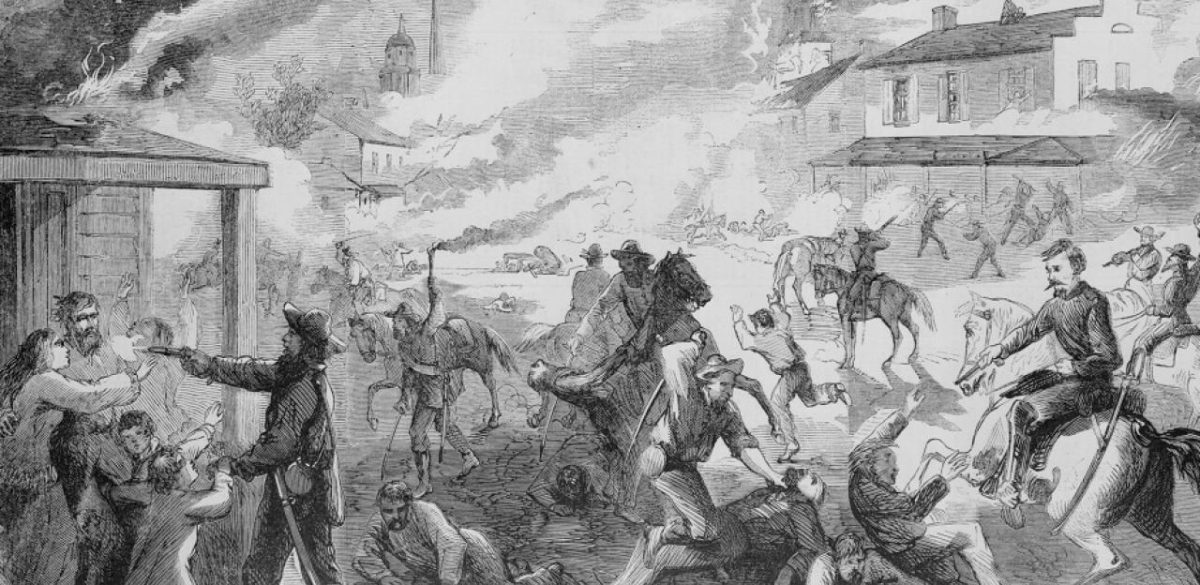Introduction
In the realm of decision-making, our minds are susceptible to various biases and mental models that can cloud our judgement and lead to irrational choices. One such cognitive bias, known as the Guerrilla Warfare mental model, holds significant relevance in decision-making processes. Anchored in human psychology, this model manifests in different aspects of our lives, driving individuals and groups to make irrational decisions that are contrary to their best interests. By understanding the dynamics of this mental model and learning to identify its manifestations, we can break free from its grip and make more informed decisions.
Defining Guerrilla Warfare and Its Relevance
The Guerrilla Warfare mental model refers to a strategy employed by individuals or groups that involves using unconventional and covert tactics to gain an advantage over a more powerful opponent. In decision-making, this model manifests when individuals or groups adopt a reactive and asymmetrical approach to problem-solving, often resorting to disruptive actions instead of pursuing constructive and collaborative solutions. Understanding this mental model is crucial because it sheds light on the dangers of adopting a combative and confrontational mindset in decision-making.
Anchored in Human Psychology and Prevalence in Daily Life
The Guerrilla Warfare mental model finds its roots in human psychology, particularly in the primal instincts of survival, competition, and the desire for autonomy. It is prevalent in our day-to-day lives, operating in various contexts. Let’s explore three distinct examples that illustrate the occurrence of Guerrilla Warfare in different spheres:
Personal Life Decisions: Amy and Ben, a married couple, constantly engage in power struggles and manipulative tactics to assert control over each other. They engage in a constant battle for dominance rather than seeking mutual understanding and cooperation. Their relationship becomes marked by hostility and unproductive conflict, leaving both parties emotionally drained and hindering personal growth and harmony.
Business Scenarios: In a competitive market, a struggling company resorts to a guerrilla warfare approach by employing aggressive marketing campaigns that undermine the reputation of their competitors. Instead of focusing on innovation, quality, and customer satisfaction, they engage in unethical practices to gain a short-term advantage. This approach damages trust in the industry and leads to a race to the bottom, eroding the overall market health.
Public Policy-Making: In political arenas, guerrilla warfare manifests when opposing parties adopt obstructionist strategies and engage in divisive tactics. Instead of working together to find common ground and develop effective policies, they resort to partisan battles and personal attacks. The result is a lack of progress, polarized societies, and weakened governance.
Mental Biases and Psychological Underpinnings
Several cognitive biases contribute to the Guerrilla Warfare mental model, amplifying its impact on decision-making processes:
Ingroup Bias: The tendency to favor one’s own group or tribe over others. This bias can lead individuals or groups to adopt a combative approach, viewing others as adversaries rather than potential collaborators.
Confirmation Bias: The inclination to seek and interpret information that confirms pre-existing beliefs or biases. In the context of Guerrilla Warfare, this bias can reinforce the belief that aggressive and disruptive actions are necessary for success, while dismissing alternative perspectives and collaborative solutions.
Reactive Decision-Making: The tendency to make decisions impulsively in response to immediate circumstances, without considering the long-term consequences. This bias can push individuals or groups into adopting guerrilla tactics as a knee-jerk reaction, without fully evaluating the potential outcomes.
Identifying and Avoiding Guerrilla Warfare
To avoid falling into the Guerrilla Warfare mental model, it is essential to cultivate self-awareness and embrace more objective decision-making strategies. Here are practical tips for identifying and avoiding this bias:
Foster Collaborative Mindsets: Emphasize cooperation, empathy, and open-mindedness. Encourage dialogue, active listening, and a willingness to explore diverse perspectives. Seek common ground and shared goals to foster productive problem-solving.
Engage in Constructive Criticism: Instead of resorting to destructive actions, encourage constructive criticism and healthy debate. Create an environment where diverse opinions are valued, and feedback is seen as an opportunity for growth and improvement.
Develop Long-Term Strategies: Adopt a long-term perspective when making decisions. Consider the potential consequences and impacts of actions, both in the immediate future and in the broader context. Strive for sustainable solutions that promote growth and harmony.
Practice Emotional Intelligence: Be mindful of emotions and their influence on decision-making. Cultivate emotional intelligence to regulate impulsive reactions and respond thoughtfully to challenges.
Conclusion
The Guerrilla Warfare mental model can hinder our ability to make rational decisions, leading to detrimental outcomes in personal life, business, and public policy. By recognizing the prevalence of this bias in our lives and understanding its psychological underpinnings, we can actively resist its influence. By fostering collaboration, adopting long-term thinking, and cultivating emotional intelligence, we can navigate decision-making with greater clarity and purpose. Liberating ourselves from the grip of Guerrilla Warfare empowers us to make choices that align with our best interests and promote positive outcomes for ourselves and those around us.
